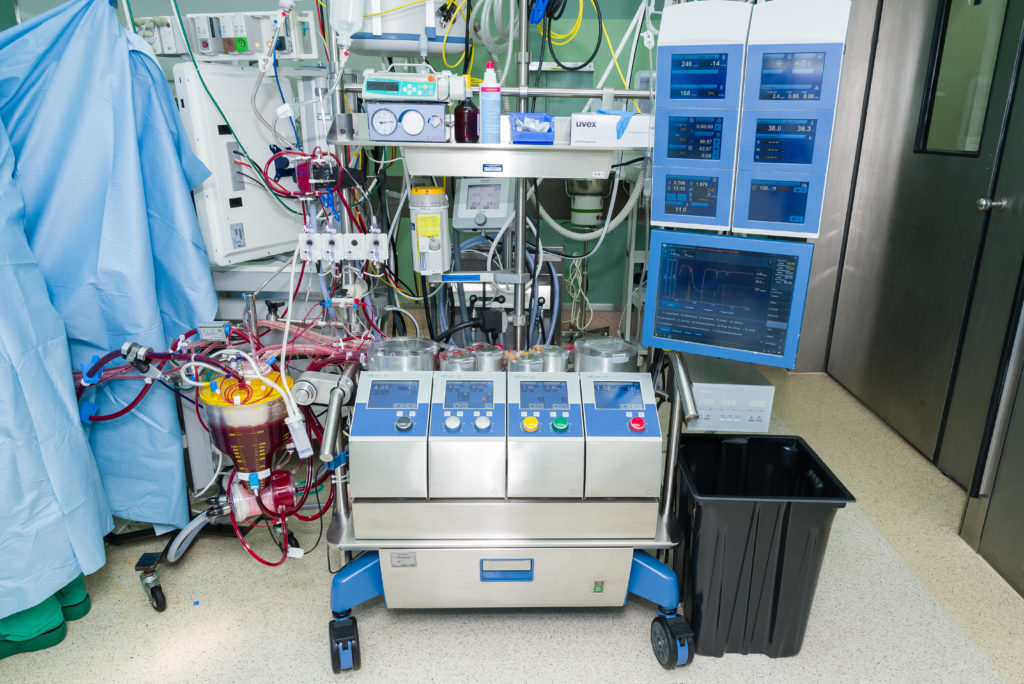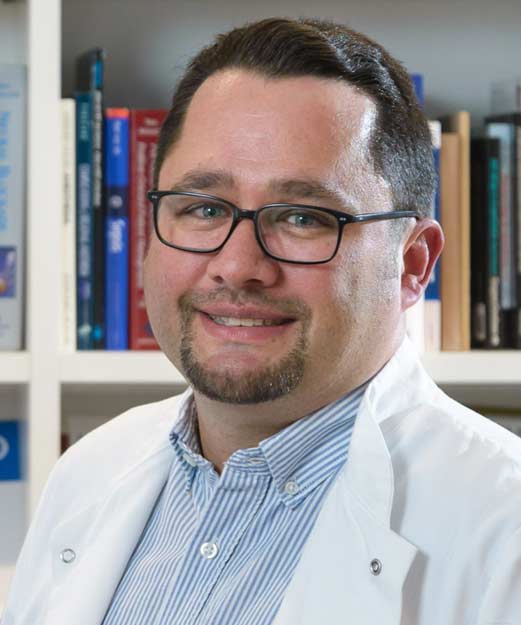Pilot Projects
PP5
Immune reaction after use of cardiopulmonary bypass
Summary
Cardiovascular diseases are among the most common diseases in our society. The majority of surgical procedures for aortocoronary bypass grafting and heart valve surgery are performed using cardiopulmonary bypass (CPB) systems. During and after the use of CPB, the contact of the patient’s blood with the foreign material of CPB often leads to a non-specific, so-called aseptic inflammatory response in the body. This inflammatory reaction, which is also called “post-CPB syndrome”, is clinically very different in each patient.
In severe cases an excessive, overshooting immune reaction occurs which can be followed by a phase with a significantly reduced immune reaction (=hypoinflammation).
The process of hypoinflammation is an essential factor for severe or even life-threatening post-operative complications in the context of cardiac surgery and, in addition, a wide variety of systemic inflammatory syndromes with high relevance in intensive care medicine (e.g. pneumonia due to bloodstream infection).

Picture of a cardio-pulmonary bypass (CPB) system
Zwischenüberschrift
Our preliminary data show that both phases are characterised by a distinct immune response profile. The aim of this pilot study is to characterise the inflammatory response after use of the CPB in cardiac surgery patients. With this knowledge, it would be possible – ideally even before the operation – to identify which patients are at particularly high risk of postoperative hypoinflammation and, eventually, to intervene therapeutically.
Our translational project aims to better understand the immune response to an external aseptic stimulus and thereby lay the foundation for a personalised therapy.


